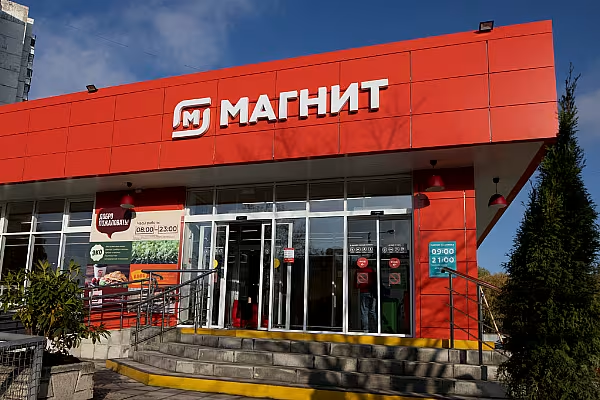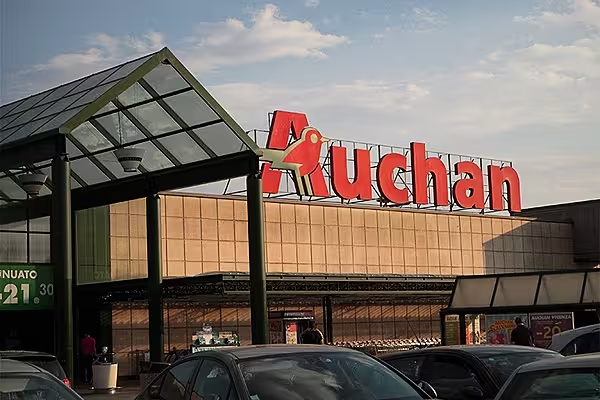As part of ESM's annual Private Label Issue, we spoke to Ekaterina Lobanova, procurement director at Russian retailer Magnit, about how the retailer sees private label as a ‘key area of differentiation’. This article first appeared in ESM Issue 3 2021.
While private label has long been an important part of the offering at Russian retailer Magnit, this is arguably even more the case following the coronavirus pandemic.
At its recent Capital Markets Day, the retailer announced plans to expand its portfolio of own-brands, with a view to private label accounting for 25% of sales by the middle of the decade.
Increased Demand
“We have seen an increase in demand for private-label products in the new reality, and there are a number of factors that have led to this,” Ekaterina Lobanova, procurement director at Magnit, tells ESM. “Firstly, in the face of uncertainty, consumers are trying to save money, and, as we know, private-label products are significantly more affordable than their branded counterparts.
“In addition, consumers now have more time available to choose a product and study its characteristics. This allows them to further explore the advantages of private-label products, while the communication activities of branded goods have become less effective.”
Building A Presence
As private-label penetration has increased, so the retailer has sought to enhance its presence, both in store and online, with store brands now a key area of differentiation for the retailer, according to Lobanova.
“We pay particular attention to the presentation of private labels on our shelves, using POS materials and a priority display of products in our supermarkets,” she says. “We are also developing mechanisms to draw attention to our private-label products online, for those purchasing their groceries through our e-commerce platform.”
New-product development has also increased. The Nani brand of hygiene products for children (pictured below) has been a success story of the past year, “[combining the] convenience and comfort of products from Japan and Korea with the practicality of popular European brands,” according to Lobanova.
The introduction of the new range came about as a result of a coordinated effort between the retailer and its suppliers, “from idea to implementation.”
This partnership-style approach should enable Magnit to kick-start a raft of innovative new-product development projects over the coming years, Lobanova adds.
“We see the growth that private label offers, and we see that consumers who used to shop in the mainstream and premium segments are turning their attention to private-label goods,” she says. “This trend will allow us to make breakthroughs in product development, to ensure we’re continuing to offer our customers the best value-for-money products.”
© 2021 European Supermarket Magazine. Article by Stephen Wynne-Jones. For more Private Label news, click here. Click subscribe to sign up to ESM: European Supermarket Magazine.













